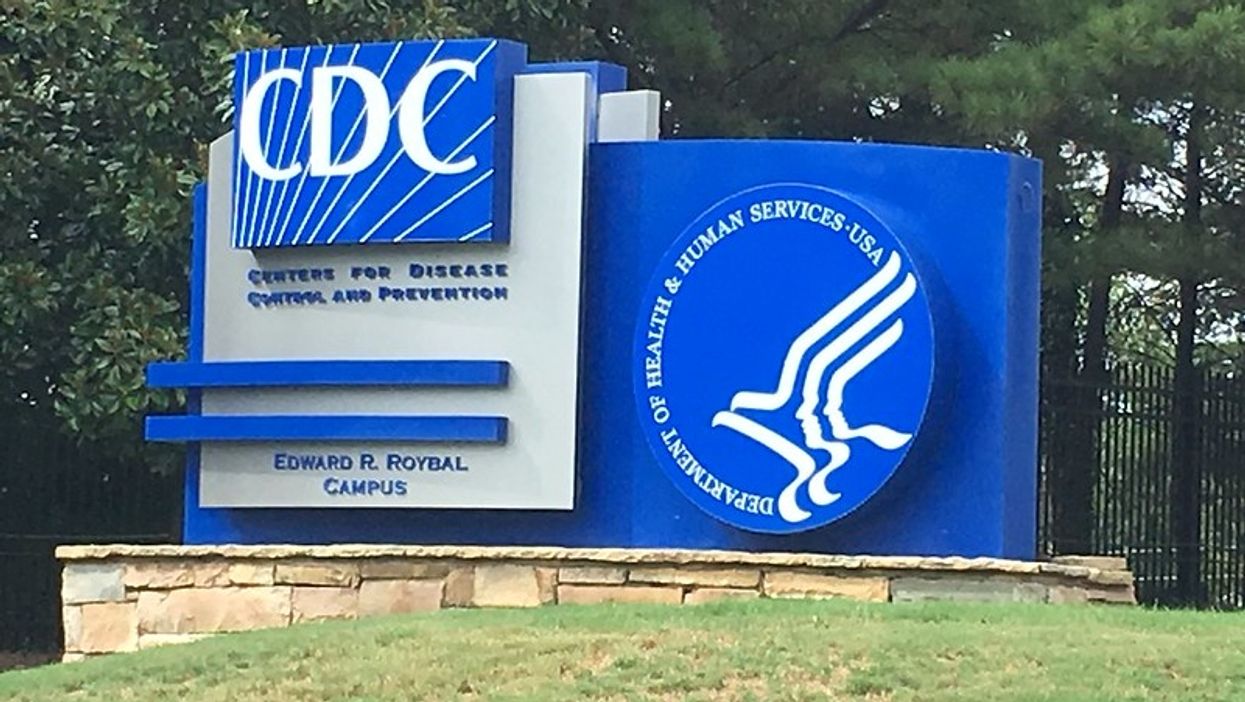Whistleblower Reports Grave Missteps In Virus Outbreak
A senior Health and Human Services official alleged in a whistleblower complaint this week that federal workers tasked with assisting potential COVID-19 patients did so without proper protective gear and did not receive adequate medical training until days after those patients arrived at government quarantine facilities.
Some of the workers then departed into the general population not knowing they had potentially been exposed to the disease.
The complaint was first obtained by the Washington Post and New York Times on Thursday. It alleged that the workers were "improperly deployed" to two military bases in California and Texas now being used as quarantine stations for Americans who were evacuated from Wuhan, China, amid the deadly coronavirus outbreak, the virus strain responsible for causing the COVID-19 disease.
It also claimed workers were "not properly trained or equipped to operate in a public health emergency situation."
The complaint alleged that the workers may have been exposed to the disease due to the oversight.
According to the Post, "appropriate steps were not taken to protect them and staff were not trained in wearing personal protective equipment, even though they had face-to-face contact with returning passengers." The workers were not trained on safety protocols until five days after the patients arrived at the bases.
As the Times noted Thursday, due to the lack of training, "some of the exposed staff members moved freely around and off the bases, with at least one person staying in a nearby hotel and leaving California on a commercial flight."
The whistleblower, who oversees employees in the Administration for Children and Families, a unit within HHS, alleged that officials and staffers in the field quickly became concerned about the potential threat of infection to both the workers and the public and relayed those concerns to the whistleblower's office.
"I soon began to field panicked calls from my leadership team and deployed staff members expressing concerns with the lack of H.H.S. communication and coordination, staff being sent into quarantined areas without personal protective equipment, training or experience in managing public health emergencies, safety protocols and the potential danger to both themselves and members of the public they come into contact with," she wrote.
Approximately 14 staffers were deployed to March Air Force base in Riverside County, California, while an addition 13 were sent to Travis Air Force in Fairfield.
The Administration for Children and Families typically dispatches staff in the wake of natural disasters and do not tend to health emergencies like the current coronavirus outbreak, which has infected more than 80,000 people worldwide and killed thousands.
The whistleblower said she was told in late January that the unit would be supporting "repatriation of the evacuated Americans," according to her lawyer, and agreed with the deployment at the time because it appeared to be "within ACF's scope." However, according to the Post, she later discovered the staffers had been "dispatched without her knowledge by other senior officials at HHS."
According to the complaint, the whistleblower raised concerns about worker safety with other HHS officials, including those within Secretary Alex Azar's office, and was reassigned shortly thereafter. The Post noted that she was given 15 days, starting from Feb. 19, to accept her new position or face termination.
News of the complaint comes hours after Azar faced questioning from lawmakers at a House Ways and Means Committee hearing.
Earlier on Thursday, Rep. Jimmy Gomez (D-CA) appeared to reference the complaint directly, pressing Azar on the matter.
"To your knowledge, were any of the ACF employees exposed to high-risk evacuees from China?" Gomez asked.
Azar responded, "They should never have been, without appropriate [protective gear]. If you were anyone in quarantine, to maintain quarantine, that should be the case."
He added that he was "not aware of any violation of quarantine or isolation protocols."
The Trump administration has faced pressure over its uncoordinated response to the outbreak. Trump himself has repeatedly claimed things were well under control, blaming the media for hyping up the threat to Americans, even as his own Centers for Disease Control and Prevention warned that those in the United States faced imminent danger.
On Wednesday, Trump appointed Vice President Mike Pence to lead the response efforts, prompting outcry from those who said he was unfit for the role due to his mishandling of a previous HIV outbreak in his home state of Indiana, when Pence was still governor.
Published with permission of The American Independent Foundation.



